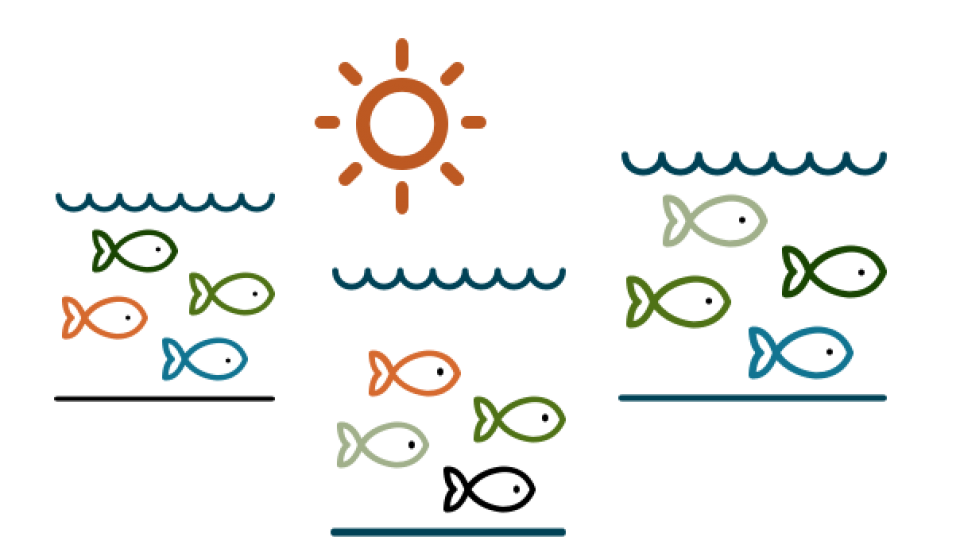Overview
This project studied how socioeconomic factors (including gender), changes in farming systems, climate variability and policies influenced production risks and whether smallholder farmers in Africa adopted technology.
Few studies assess how adopting technology affects livelihoods in Africa. Without understanding the economics of farming decisions under uncertainty, technology scaling out interventions and policy decisions will be made based on incomplete information.
To address this knowledge gap, this project aimed to build on SIMLESA (Sustainable Intensification of Maize-Legume cropping systems for food security in Eastern and Southern Africa), an eight-year food security program supported by ACIAR, to monitor development changes in maize-based farming systems in Ethiopia, Kenya, Tanzania, Malawi and Mozambique.
The analyses helped researchers to better understand household decisions on technology adoption and resource use. This helped policy makers to reduce risk and vulnerability, increase farm productivity and food security, and enhance development pathways for smallholder producers in the region.




